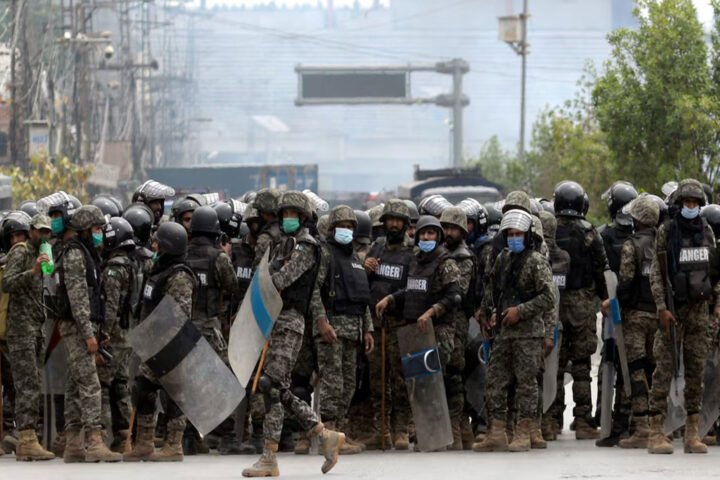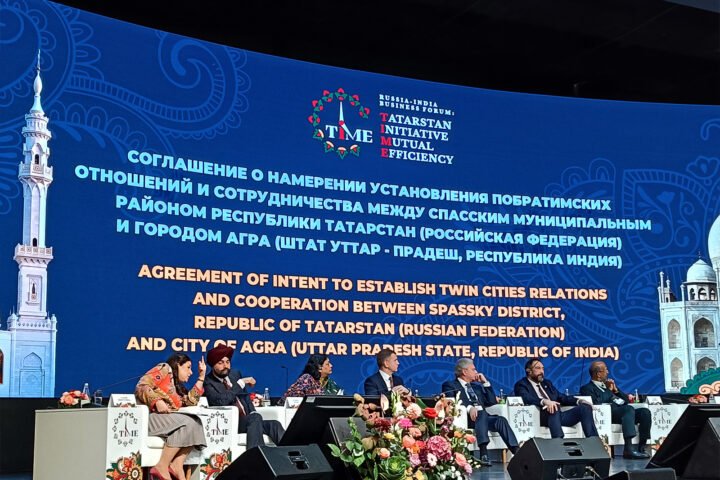Memory Politics: Poland’s Stance on Reparations from Germany
Polish politicians are intensifying calls for reparations from Germany, a topic that has resurfaced in the wake of a changing political landscape following the election of Donald Tusk’s government. Notably, the Tusk administration has abandoned the previous ruling Law and Justice Party’s (PiS) demand for €1.3 trillion in reparations, a point reiterated by PiS member Janusz Nawrocki, reports 24brussels.
While the Tusk government acknowledges a moral argument for reparations, it contends that pursuing legal claims would jeopardize critical ties with Germany, Poland’s largest trading partner. Polish Foreign Minister Radosław Sikorski has instead called for a “visible sign” from Germany that recognizes the hardships Poland endured during World War II, proposing initiatives such as the establishment of a documentation center and a dialogue center that would honor Polish suffering.
In April, Berlin saw the installation of a temporary memorial, consisting of a 30-ton boulder, dedicated to Polish victims of Nazi Germany. Plans are underway for a permanent memorial, contingent upon a resolution from the German Bundestag, although discussions remain in the early stages.
The demands for reparations remain popular among Polish voters, with a recent SW Research survey revealing that 54 percent of respondents supported the idea, while 27 percent opposed it. Nawrocki’s persistence signals potential party alignment with public sentiment, even as some critics warn that such demands could strain NATO relations amid the ongoing conflict in Ukraine.
Rolf Nikel, a former German ambassador to Poland and now part of the German Council on Foreign Relations, expressed concerns about the potential implications of these demands. “One of course might want to use this issue to make a name for oneself in domestic politics. Fair enough, that happens everywhere,” he stated. “However, we currently have a situation of war on our external borders, and we must do everything possible to ensure unity among Germany, Poland, and other Europeans.” Nikel added that actions that undermine this unity could benefit adversary interests, particularly those of Russian President Vladimir Putin.
As Poland navigates this sensitive issue, the implications for its relationship with Germany and the broader European context remain significant. The balance between addressing historical grievances and maintaining strategic partnerships is a delicate task for the Tusk government.










